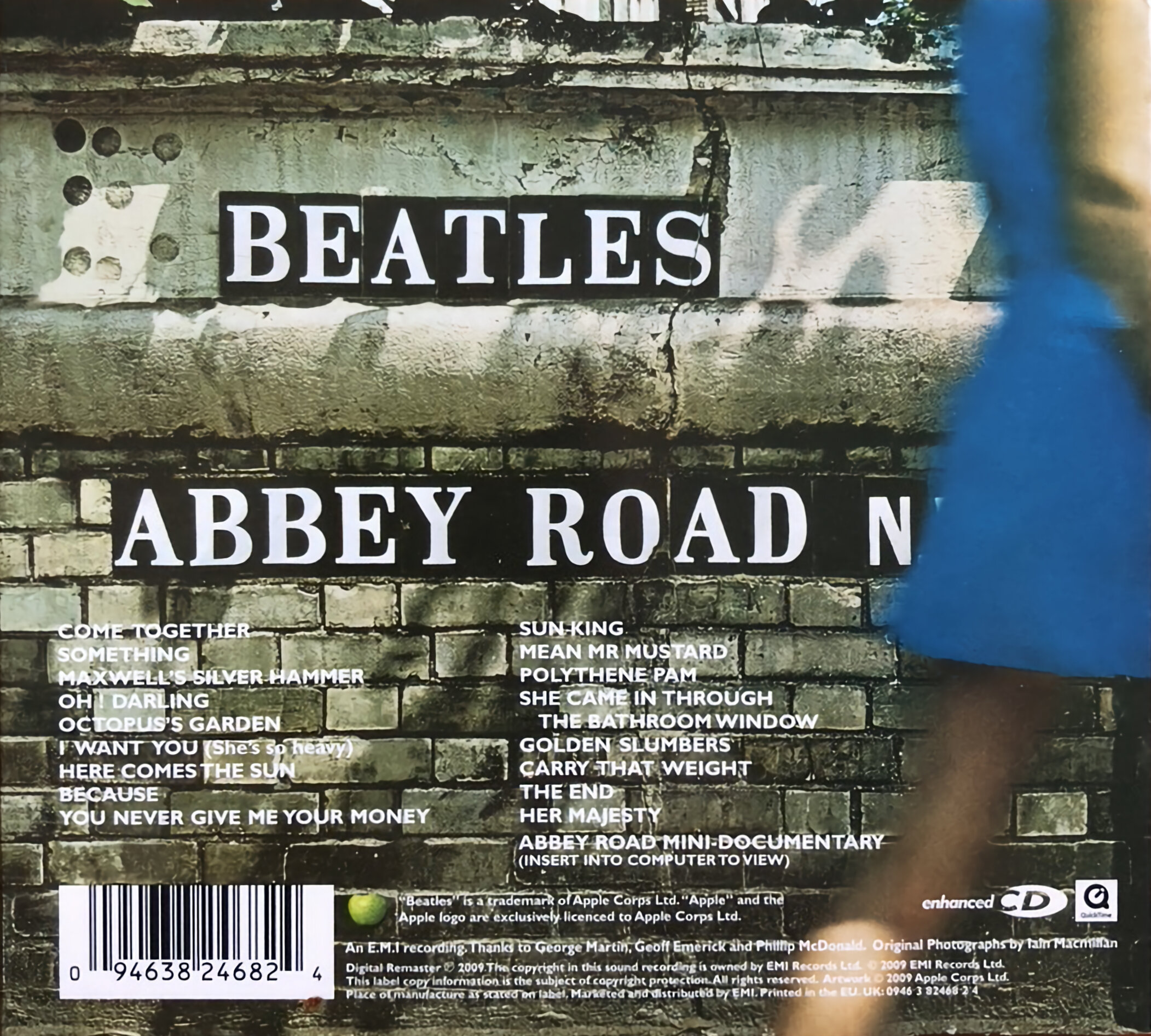Nina Simone had one of the most distinctive voices in all of recorded music history. Her skill and control over her vocal delivery knew no bounds and no truer is that statement than when listening to her 1965 opus I Put A Spell On You.
Adding to the musicality is the visual accompaniment and while it may be contentious to suggest that the cover art of I Put A Spell On You is one of Simone’s greatest, it is certainly up there. I’m also fortunate to own the 2020 Acoustic Sounds reissue; a release that is second-to-none as it pertains to the reproduction of the cover art and the gatefold design and inner artwork that draws you further into Simone’s world.
I’ve also been fortunate to have owned the High Fidelity Pure Audio Blu-Ray release and while the DTS-HD Master Audio stereo mix (24/96kHz) was lovely, it pales in comparison to the reproduction that Chad Kassem and his team were able to achieve on the aforementioned vinyl reissue. Seriously, every aspect is bettered and if you want to see an example of how classic albums should be reissued, I suggest you track down a copy for it offers a sonic reproduction that knows no peer.
Even the Apple Music stream, a stereo Hi-Res Lossless Apple Digital Master, can’t reach the smoothness and refinement heard on the vinyl counterpart. As for the Dolby Atmos mix on Apple Music; let’s just say that it exists. Don’t get me wrong, if you prefer streaming and aren’t the least bit interested in vinyl, you’ll thoroughly enjoy the streaming counterpart. I listen to it often as vinyl simply can’t be played everywhere and the stream is good enough that I never feel the need to create a needle drop. That said, the vinyl reissue does take the experiential aspect of I Put A Spell On You to another level entirely; ensuring that you’ll be captivated from the very moment the needle hits the groove.
I Put a Spell On You is as much a Nina Simone song as it is a Screamin' Jay Hawkins’ classic. However, while Hawkins may have recorded the original, I doubt there would be many who would proclaim his rendition as being superior to Simone's. I also love the Creedence Clearwater Revival interpretation as it takes cues from both Hawkins and Simone and if you want to take the song up a notch, on the metal-infused dial, you could always listen to Marilyn Manson's rendition. Regardless of how many musicians have covered the song well, I always return to Simone's rendition as being the definitive recording of the song. She made it her own and I doubt anyone will ever be able to top it.
Tomorrow Is My Turn is a classic tune that oozes with longing and anticipation. Simone’s vocal control shines as she navigates the song’s emotional peaks and valleys. It’s this mastery that ensured Simone was a world-class musician with music that is ultimately timeless.
Ne Me Quitte Pas is spectacular! Simone's trembling vulnerability and expressiveness make this track a standout on the album.
Marriage Is For Old Folks is witty and incredibly entertaining. Seriously, if you don't have a smile on your face when listening to this song, you're taking life too seriously. It’s a fantastic tune and perfectly suited to Simone; particularly the doo, doo, dooo, de-doo scat-styled lyrics.
July Tree is a beautiful addition to the album that will linger in your mind long after the song ends.
Gimme Some picks up the tempo with an addictive rhythm that will have you head-bopping and toe-tapping from the very first note. Plus, that Little Richard inspired vocal growl of Simone's is stunning!
Feeling Good is one of the album's most iconic tracks for Simone's powerful vocals and the brassy instrumentation creates an exhilarating experience that has to be heard to be believed. If, however, you’re after a more contemporary interpretation of this classic, George Michael performed it beautifully.
One September Day is a poignant ballad that showcases Simone's ability to convey deep emotion. Her voice, combined with the song's melancholic melody, is simply amazing.
Blues On Purpose is an instrumental piece that lets the piano take the lead, demonstrating Simone's prowess as a pianist. It adds a bluesy, soulful dimension to the album, with a touch of jazz, that will appeal to just about any music lover.
Beautiful Land is an interesting folk-inspired song that plays into Simone’s unique phrasing and emotional depth. However, it’s the weakest song on an otherwise perfect album. It will always be an album-only tune, but this record wouldn’t be the same without it.
You've Got to Learn is a beautiful tune with warm and comforting vocals that make this song feel more conversational than songs normally are.
Take Care of Business closes the album on a high note ensuring that I feel compelled to spin the record again.
I Put A Spell On You is more than just an album; it's a journey through the spectrum of human emotions and is nothing short of pure perfection. Nina Simone's artistry shines through each track as she navigates love, pain, empowerment, and introspection. I Put A Spell On You is, subsequently, a testament to her ability to connect with her audience, on a deep and profound level, making it an endearing classic.


![The Rolling Stones – Aftermath (UK) [Album Review]](https://images.squarespace-cdn.com/content/v1/565c1ab5e4b05079e4bfa169/1683770672348-Z0J1PIPC1MXPFE8X7Z2T/The+Rolling+Stones+Aftermath+%28Mono%29+Album+Cover.jpg)


![The Beatles – Abbey Road (2009 Remaster) [Album Review On Vinyl, CD, & Apple Music]](https://images.squarespace-cdn.com/content/v1/565c1ab5e4b05079e4bfa169/1662960364456-QL4UCKQNCVBBWUR4T6ZM/The+Beatles+Abbey+Road+Album+Cover.jpg)






